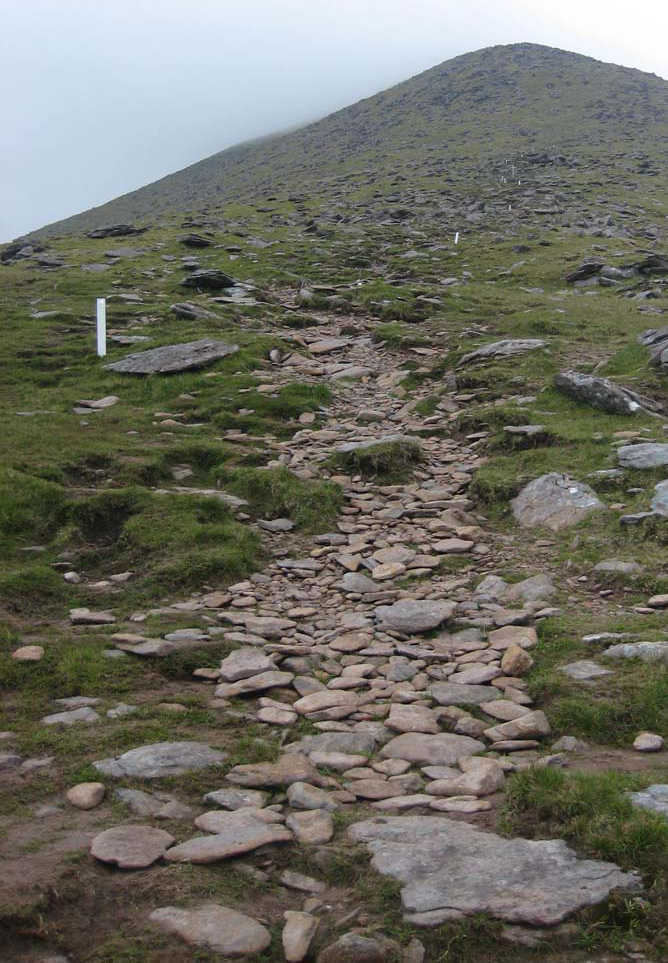FWP:
For background see S. R. Faruqi's choices. For more on Ghalib's unpublished verses, see the discussion in {4,8x}.
What does it mean for the heart to be 'like a blister'? Perhaps that, like a blister, it is a source of 'pain'. Thus it isn't surprising that the hearts of the 'people of pain' have 'sunk' so low that they are actually under foot, for the 'people of pain' travel a harsh road of suffering, as in (2a). And the 'dread' they feel is not necessarily to their discredit, for the beautifully chosen dard can refer either to one's own 'pain', or to one's 'sympathy, compassion' for the pain of another (see the definition above).
Or perhaps the heart is 'like a blister' in constantly making itself felt beneath the foot. Thus the 'people of pain' are fortified by their hearts, which somehow protectively cushion their feet from the harshness of the road, so that they feel no dread of it at all, as in (2b). The hearts of lovers, after all, are capable in the ghazal world of feats even more extraordinary than this.

Asi:
In a state of blister-footedness, the people of pain are traveling, and in this state because of blisters every step, so to speak, is falling on the heart. Thus there's the fear that they're obliged to trample/crush their hearts. Otherwise [Asi's text has varnah har qadam], what fear of the harshness of the road can the people of pain have? In this, every blister has been assumed to be a heart.
== Asi, p. 67